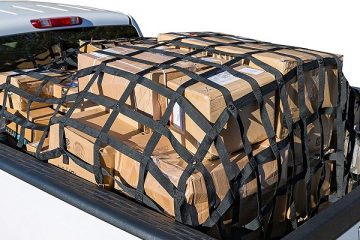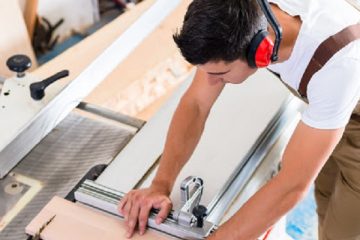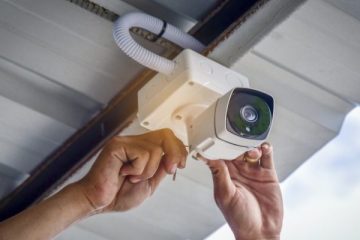This is ingenious! Royal College of Art graduates Alexander Groves, Azusa Murakami and Kieren Jones have designed a plastic collecting ship utilizing an old fishing trawler that is re-engineered to scoop up plastic from the oceans and then sort the debris by size. A flotation tank separates out the denser materials.
If this wasn’t cool enough, The Sea Chair Project then transforms some of the harvested plastic directly into recycled chairs via an onboard chair-making factory.
“The Sea Chair Project looks to address the problem of accumulating plastic in our oceans by raising awareness and removing plastic that will continue to circulate for thousands of years,” explain the designers. “Plastic waste doesn’t sink and takes thousands of years to degrade, remaining in the environment to be broken up into ever-smaller fragments by ocean currents. As our society’s consumption grows the concentration of this plastic soup increases.”
Part of the problem is that the plastic fragments include a large quantity of what is known in the industry as nurdles or ‘mermaids tears’ – the plastic pellets that are the virgin raw material for injection moulding. Unfortunately, these lethal nurdles can be found littered on almost every beach and shoreline in the world.
“These pellets are around 2mm (0.08inch) in diameter & represent an estimated 10% of all marine litter worldwide, their small size means they aren’t picked up by waste systems and being buoyant they will float on the sea surface, taking over a thousand years to biodegrade,” they explain. “The nurdles haven’t been injection moulded yet, but rather have been lost through spillage in transit and poor storage at factories.”
The United Nations (UN) states that roughly 13,000 nurdles are floating in every square mile (5000 per sq.km) of the ocean. Resembling fish eggs, they enter the food chain and end up killing fish, sea creatures and birds. Biologists estimate that more than 100,000 marine animals and birds die each year from ingesting plastic or getting caught up in plastic and drowning.
The Sea Chair Project has been short listed for the Victoriana Time To Care Award.


